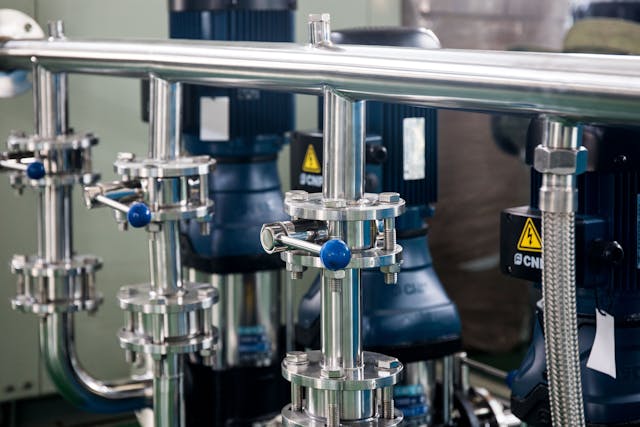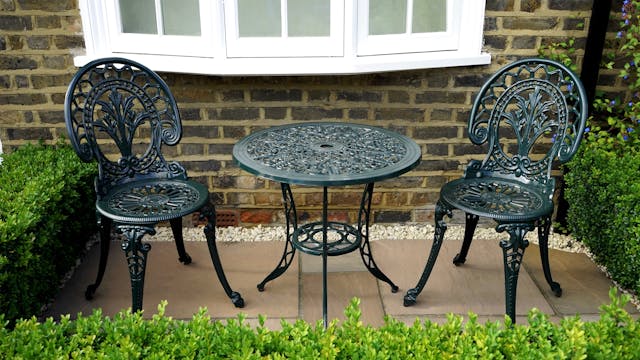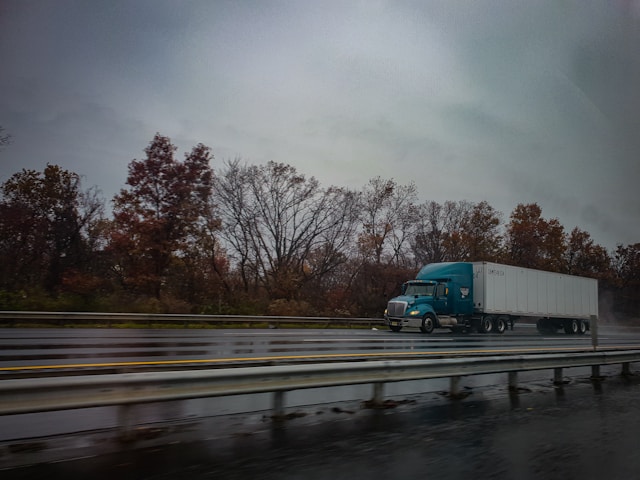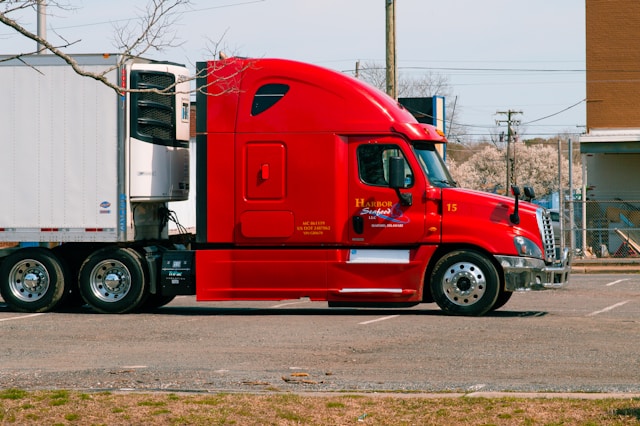Kitchen exhaust systems are critical in maintaining fire safety, air quality and overall hygiene especially when it comes to commercial kitchens that see high use. These systems can get overlooked or overlooked which can lead to potential risks. In this article, we will look further into these risks and hazards.
One of the main risks
That are associated with a neglected kitchen exhaust system is poor indoor air quality. All the smoke, grease and other contaminants that generate in the kitchen are sucked into the exhaust ducts and they will accumulate within these ducts and filters. But without proper care, they can come back into the kitchen environment which can increase airborne pollutants giving rise to respiratory irritations, bad odours and discomfort for the staff members and customers. Airborne grease particles can lead to many respiratory problems if inhaled. It can exacerbate existing allergies or asthma. When there is grease accumulated within the exhaust system, it will create a breeding ground for mould, bacteria and other pathogens which will further bring down the indoor air quality. This is why it is important to have regular maintenance and deep cleans carried out by kitchen exhaust cleaning specialists. You can learn about how to select a specialist by visiting The Grease Files.

When your kitchen exhaust systems are neglected, it poses a fire hazard.
There will be combustible debris such as grease accumulated inside the ventilation hood and ductwork. And grease can ignite spontaneously if it is exposed to high temperatures. This will lead to grease fires that can spread quickly throughout the kitchen. When there are ignition sources like hot cooking surfaces, open flames and electrical equipment close to the exhaust system, the risk of fire is further exacerbated. Hat and flammable gases can build up in the kitchen are due to inadequate airflow and ventilation. This occurs due to clogged ductwork or filters. The efficiency of the exhaust system will go down when there is grease and debris accumulated within the filters and ductwork. And this will reduce decreased ventilation and exhaust capacity. It will contribute to overheating of cooking equipment and the kitchen staff will also be in discomfort as the humidity and temperature levels will increase.

When efficiency of the system reduces,
It will consume more energy causing the operating costs to go up. This is because the exhaust system is working harder to compensate for the restriction in airflow. But this strain can contribute to premature wear on tear on exhaust system components and increase maintenance requirements. The lifespan of the overall system can be reduced. It is important that kitchen exhaust systems meet industry standards and regulatory requirements for indoor air quality, safety and hygiene. There are strict regulations regarding to kitchen exhaust system maintenance and cleaning so that fire hazards can be prevented. Failing to comply with this will lead to penalties, fines and legal liabilities for the operator or owner of the establishment. It can also lead to the closure of the establishment.



























